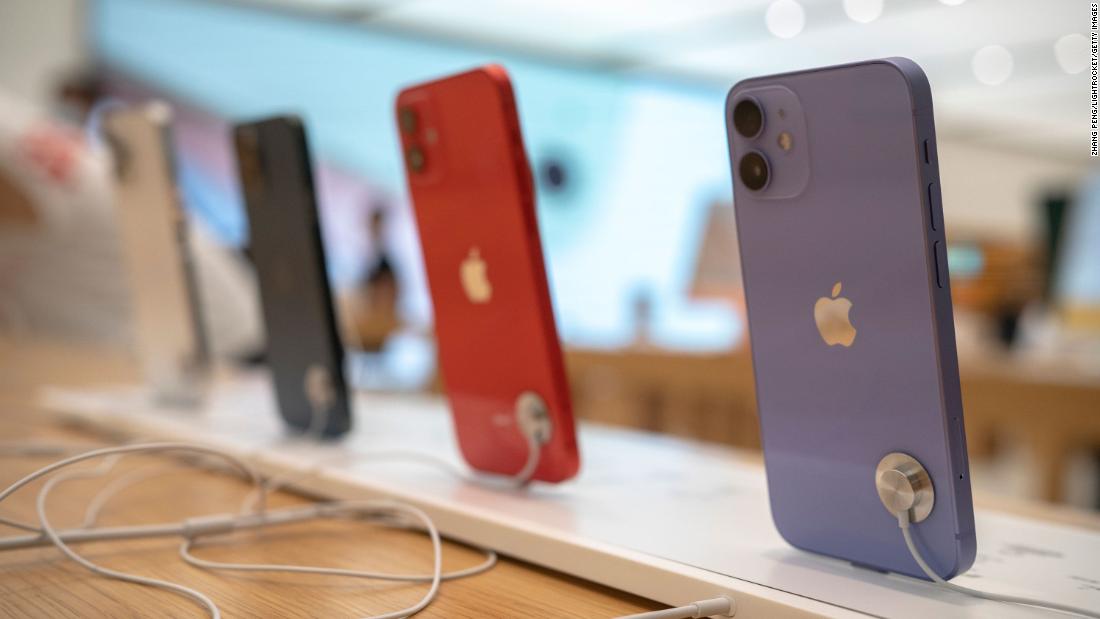
Researchers at the University of Toronto’s Citizen Lab said the exploitation of the software has been used since February and has been used to deploy Pegasus, the spyware manufactured by the Israeli firm NSO Group that was allegedly used by oversee journalists and human rights defenders in various countries.
Apple credited Citizen Lab researchers with finding the vulnerability, but an Apple spokesman declined further comment.
In a statement, the NSO group did not address the allegations, only said: “The NSO group will continue to provide intelligence and police agencies around the world with life-saving technologies to fight terror and crime.”
The firm has previously said that its software is only sold to verified customers for anti-terrorism and law enforcement purposes.
Researchers, however, claim to have found multiple cases in which spyware was deployed to dissidents or journalists. In 2019, Citizen Lab analysts alleged that Pegasus was being used on the cell phone of the wife of a murdered Mexican journalist.